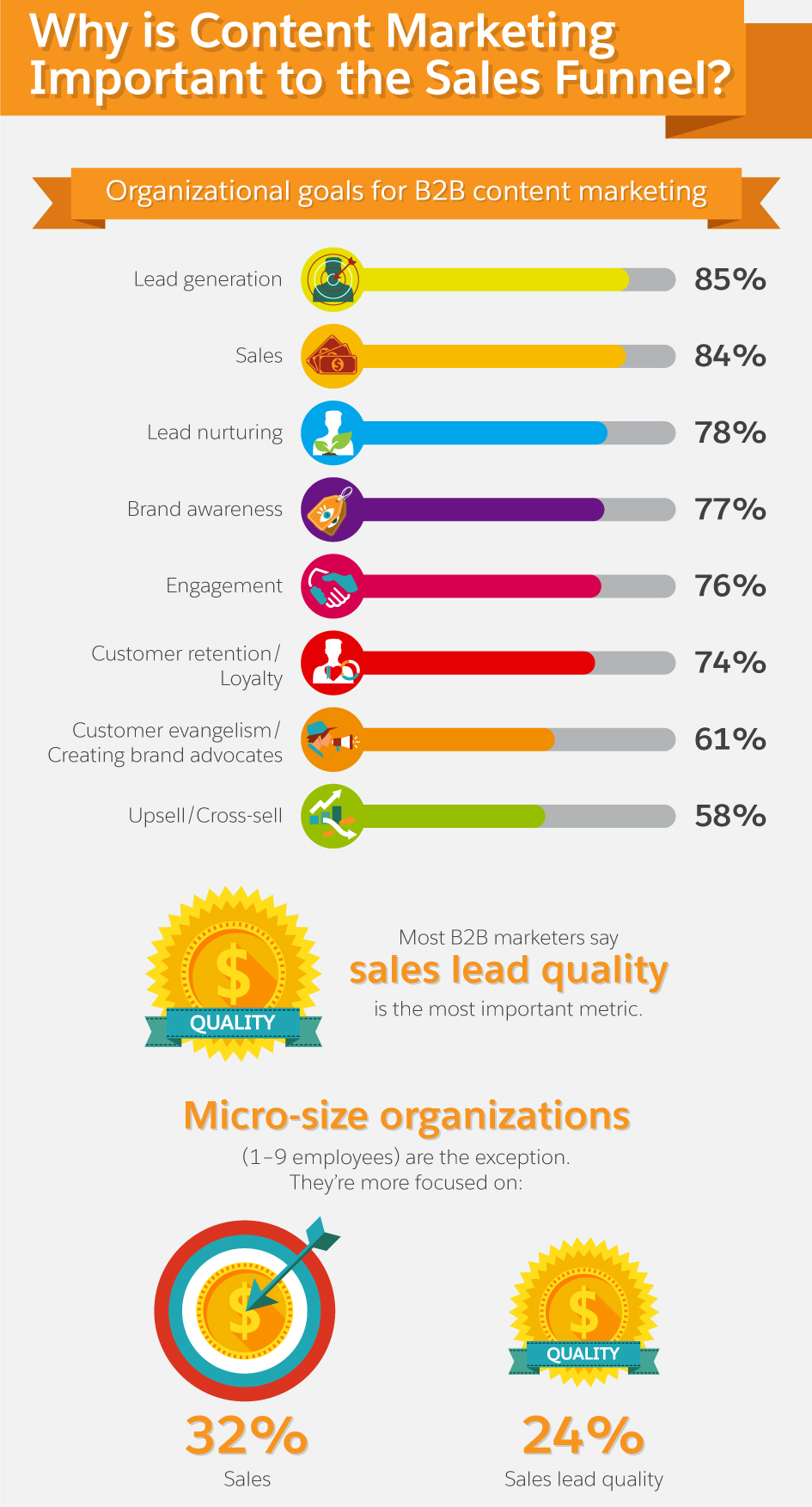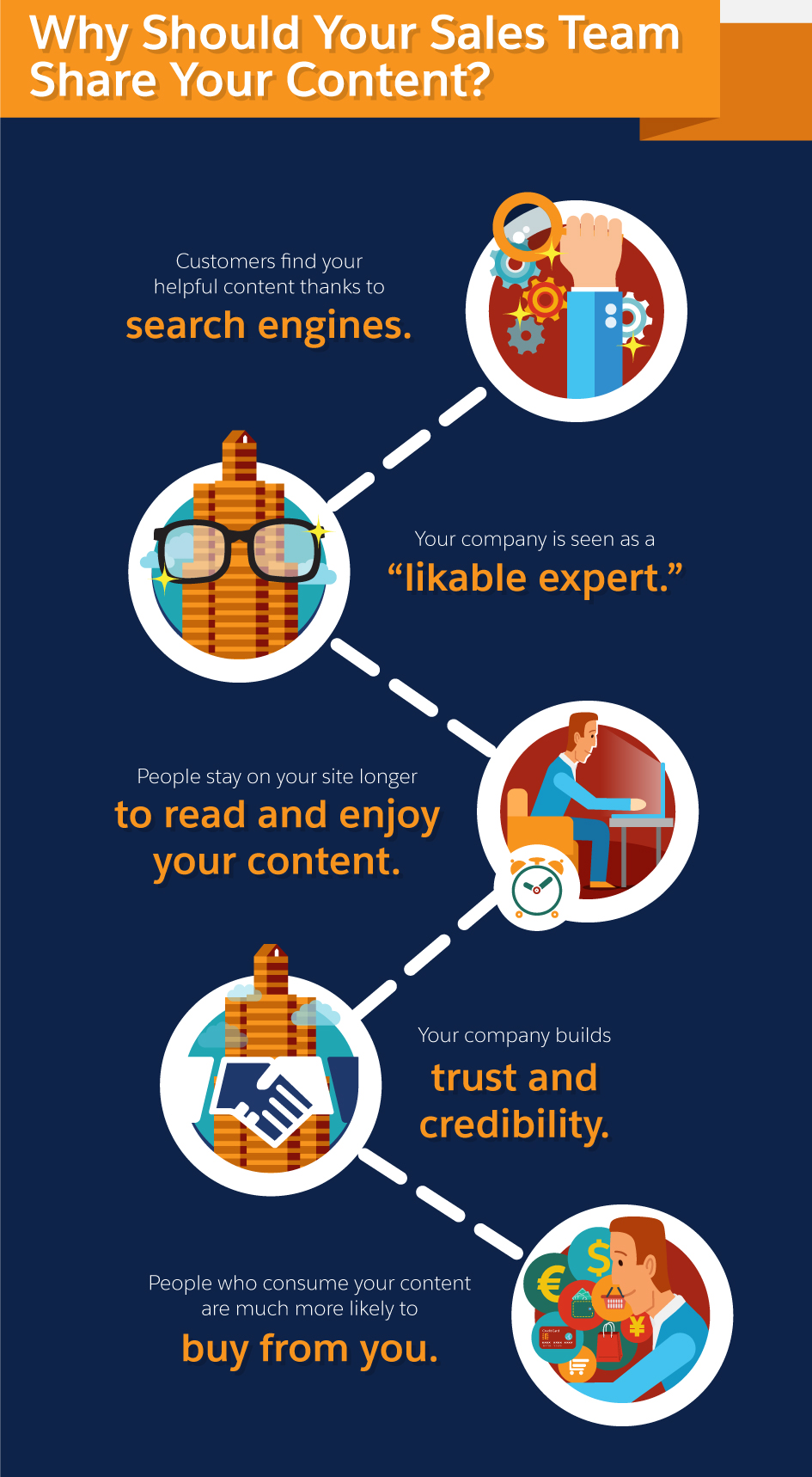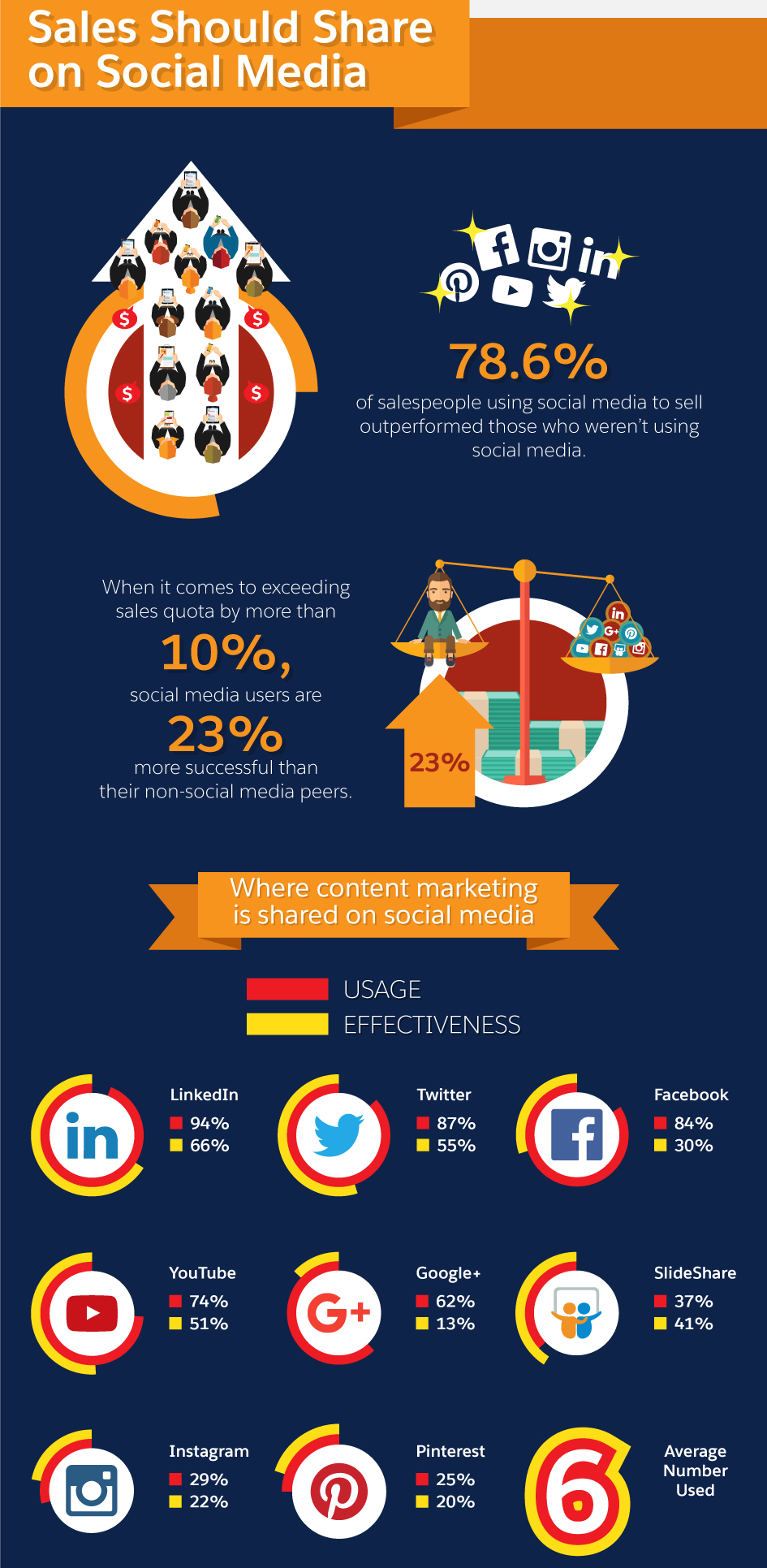We get it: Content marketing is a time suck—especially when you commit to doing it right. It requires energy and resources you may or may not have in-house, such as someone to focus on thought leadership and stellar copywriting.
In spite of the challenges presented by content marketing, it’s a vital part of doing business in today’s digital climate, plus it boosts domain authority, improves brand reputation, and drives leads. Here’s why your sales team should invest in content marketing, and how to establish best practices for your content marketing strategy.
The Value of Content Marketing
Once you understand how important content marketing is to reach consumers and funnel them through the sales pipeline, you’ll grasp why it’s so vital to any sales strategy.
For starters, research has found that 85 percent of consumers consistently seek trustworthy content to shape their purchasing decisions. If this content isn’t available, then consumers may be less likely to follow through on a purchase. In fact, consumers engage with an average of 11.4 pieces of content before handing over their credit card. This helps explain why most B2B marketers find that content marketing significantly boosts sales lead quality.
More and more, consumers demand brand transparency, and they rely on content marketing to get to know brands beyond the products they sell. Given that, it’s not surprising that 70 percent of consumers report they prefer to learn about a company via articles, not ads.
One of the reasons content marketing is so effective is because it allows customers to build relationships with brands throughout the buying cycle. Consumers may encounter your content via an online search without ever having known about your company. If they’re reading content on your site, then they’re more likely to spend time there and learn more about your products or services. When consumers engage with your brand on platforms beyond your site, they may view you as a familiar expert in the space, which lends credibility to your brand and inspires consumer loyalty.
All of this helps explain why consumers are more likely to buy from a brand if they’ve engaged with its content and why content marketing is so critical to your sales efforts.
Best Practices for Content Marketing
In order to develop an effective content marketing strategy, it’s important to establish best practices from the start. Here are a few important aspects to keep in mind.
- Study the strategies of companies you admire Learning from other companies helps you get a sense for how you’d like to shape your own campaigns and understand what successful content marketing looks like.

- Integrate the marketing and sales teams
Engage with both teams to develop an editorial mission statement and a content marketing strategy.

- Ask your sales team to share your content
Content marketing materials can easily be repurposed as sales collateral. When your sales team encounters prospects who aren’t familiar with the company, they can fill in the gaps by tailoring relevant pieces of content to the potential consumer’s needs, interests, and stage in the sales funnel. By providing this personalized experience, the sales team can inspire appreciation for their brand.

- Embrace the power of social media
In addition to sharing content marketing in a personalized way, the sales team should also attempt to reach a broader audience by sharing content on social media. Studies have found that more than 80 percent of salespeople who use social media to sell will outperform sales reps who don’t use social media as part of their sales efforts.

- Diversify your content marketing portfolio
Content marketing can take a variety of forms, including blog posts, case studies, e-newsletters, infographics, in-person events, research reports, videos, webcasts and other online presentations, and white papers. A solid content marketing strategy should include a mixture of these elements so you can reach potential consumers across a variety of platforms.

Why Your Sales Team Is Critical to Your Content Marketing Efforts
An effective content marketing strategy is only as good as the people who implement it. Thus, your employees are easily your most important and most cost-effective means of content distribution. Additionally, your sales team can serve as brand ambassadors, which has a tremendous capacity to influence how your brand is perceived.
Imbuing employees with the responsibility to effectively represent the brand can also provide a sense of meaning in the workplace. In fact, employees of companies that are dialed-in on content marketing view their company as more competitive in its industry, believe more in the company’s future, and are more willing to stay at the company long term.
Thus, an effective content marketing strategy should always consider the people in charge of running it.
Conclusion
Content marketing is a powerful tool for sales teams looking to elevate their impact. Through content marketing, your sales team can cultivate prospects throughout the sales funnel and build stronger relationships with current customers, thereby increasing the sales power of your brand.
Share "Here’s Why Your Sales Team Should Invest More Time on Content Marketing" On Your Site





